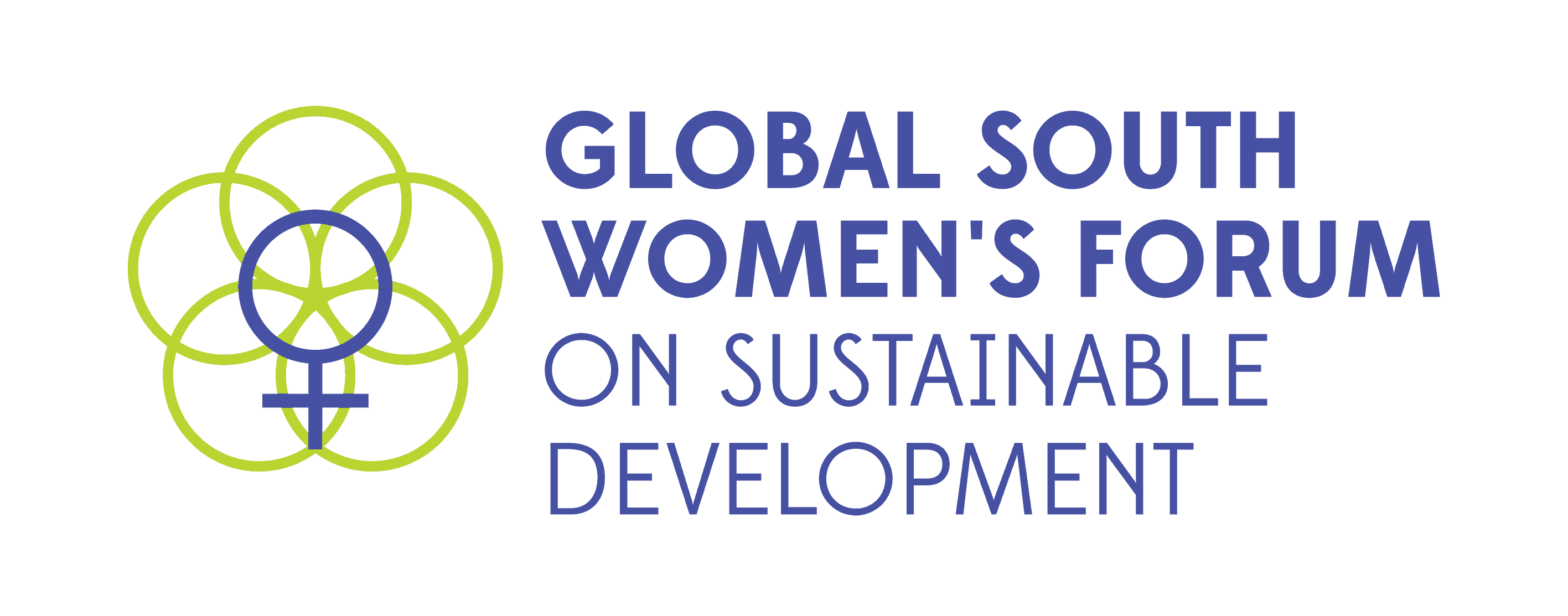The Urgency of Fiscal Justice: The threat of another era of austerity across the Global South and a ‘lost decade’ calls for dismantling its dangerous ideology
- Day 5: Dec 18 (UTC+8) 10:00 am-11:30 am
Third World Network (TWN)
This session sets out how International Monetary Fund (IMF) loans for COVID-19 response are generating another wave of austerity measures across developing countries, threatening the Right to Development in the South.
Speakers:
Andrea Guillem (Centro Derechos Economicos y Sociales)
Mahinour El-Badrawi (Center for Economic and Social Rights)
Neelanjana Mukhia (ActionAid)
Priya Lukka (Goldsmiths University)
Emilia Reyes (Equidad)
Bhumika Muchhala (Third World Network)

Fiscal austerity measures over the past 40 years have waged a war against public systems and services, eroding the fabric of societies, and deepening intersectional inequality, exclusion and discrimination on all scales of income, gender, race, caste, disability and sexuality. As the IMF’s emergency financing packages phase out in 2021, another wave of public budget cuts and regressive tax measures are scheduled in over 65 developing countries. The consequences are grave. Developing countries are in danger of facing ‘a lost decade’ as their path to achieving the SDGs and Paris Agreement targets are effectively derailed.
What are the political and economic rationales behind austerity? What are its gender, class and labour impacts in Ecuador, Egypt, and other regions? And why, despite the overwhelming evidence against austerity as witnessed by increased poverty and economic recession, does austerity persist?
